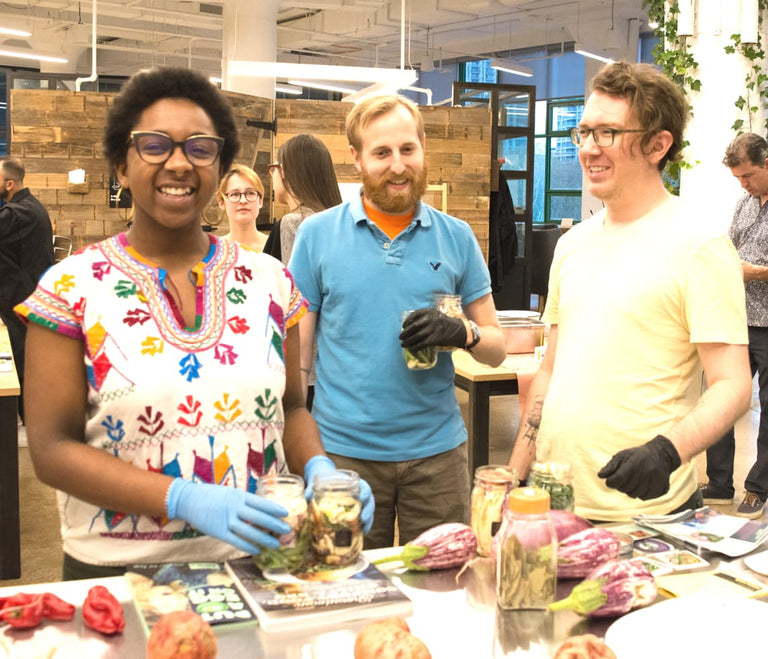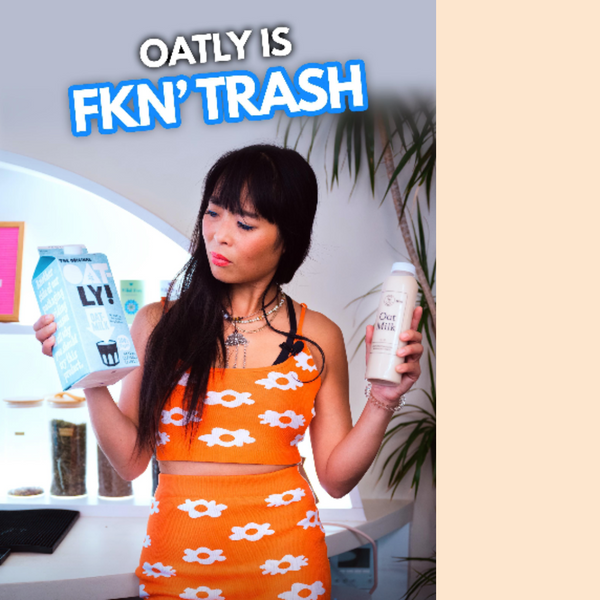5 Reasons War in Ukraine Poses a Global Food Crisis
Thanks to its fertile soil and rich farming traditions, Ukraine has long been responsible for a significant portion of the world’s wheat, corn, and sunflower oil production. Now, because of the Russian political occupation of Ukraine, Ukrainian producers growing these commodities have seen distribution come to a disheartening halt for one jarring reason: the Black Sea, once a bustling locale for global traders, is now a battleground for Russian naval offense.
1. Rising costs
Just this week, Russian warships fired missiles along the coastline of the Black Sea, concentrating their aims on Odessa, one of Ukraine’s most notable port cities. Even just this afternoon, Russian forces succeeded in their attempts at attacking three Panamanian ships in the same water space.
Since violence broke out in the Black Sea region, companies have started to relocate their services to safer seas. But, unlike cruise lines, some of which have begun to change routes to avoid Black Sea ports, not all industries can afford the option of relocation. Right now, ships cannot leave the Black Sea ports, and trade has come to a complete stop.
The price of grain and oilseed has reached an all time high, and experts seem to think these impacts might be longer lasting than one would expect. Oleg Nivievskyi, assistant professor at the Kyiv School of Economics in Ukraine, warned Politico, “in the worst-case scenario, there’s going to be no export from this region for a couple of years.”
Ukraine is the fourth largest provider of external food sources in all of the European Union. Combined with rising energy costs, fertilizer prices, and other COVID-19 related inflation, food production is becoming more and more expensive with each minute that passes.
2. Impending hunger
Politicians around the world have been careful to ease worries of famine in most countries. Expensive grain and halted trade in one region of the world doesn’t mean that we’re going to go without wheat or corn for as long as this conflict and its repercussions last. It does, however, mean that in the poorer corners of the world, people will struggle to feed themselves.
The issue of hunger is made even more volatile when we consider the fact that the commodities in question often are the exact ingredients the global poor gravitate towards because of dense nutritional content and cheap bulk pricing. Even those nations that do not directly source from Ukraine or Russia are likely to feel these residual impacts. In other words, bread isn’t expected to disappear from supermarket shelves, but it is going to get pricier, and throughout the world, a slew of lower-income households aren’t going to be able to afford the cost increase.
3. Increasing protectionism and resource hoarding
In the wake of all this uncertainty, many of the world’s nations have been tempted to pause their own exports of grain and other commodities in order to offset the losses suffered from the lapse in Ukrainian exportation. G7 ministers (representing the seven nations of Canada, France, Germany, Italy, Japan, the United Kingdom, and the United States) have since urged world leaders to refrain from resorting to such tactics, as further disruption in the global economy could be fatal. Last week, they sent out an urgent message warning against this type of “hoarding,” advising such behavior could provoke increased market turbulence.
4. Environmental promises broken
Because of the above effects of the war in Ukraine, Europe and its citizens now also fear the European Union may need to postpone (or, in some cases, cancel) some of its anticipated plans for more sustainable agriculture. Dealing with the economic fallout of the food crisis that will, at one point or another, impact the entire world, Europe must make a decision that, in either direction, will inspire averse effects.
One of its proposed plans, a requirement to leave a fixed portion of farmland out of production to help soil regenerate and promote nature production, could see an abrupt cancellation if the European Commission decides these fields should be used to grow animal feed. Environmental groups have since opposed this impending likelihood, but with the entire European market at stake (and much of its issues rooted in food sourcing) it seems altogether improbable these verbal commitments will be a factor in their decision. If the European Union can somehow, even in part, begin to equalize its food chain, environmental issues will lose precedence.
5. Sunflower oil shortage
Ukraine is one of the most regarded and consistent suppliers of sunflower oil to the rest of the world, which can be found in products from canned goods to baked goods to pre-made foods to sauces and soups. Sunflower oil is also one of the main (and most difficult to replace) ingredients in jarred purees and other foods for babies. Restaurant and food industries are also at risk, considering their frequent use of sunflower oil for cooking fried foods and making other dishes.
This is a prime example of the precarious and delicate balance required to uphold our global food market and keep it churning. One blunder, however small, can knock the entire structure of exchange out of equilibrium, and can therefore incite disastrous effects for the rest of the world and all its millions of inhabitants.
But not all of this is out of our reach as consumers across the ocean. Sunflower oil, like wheat, can be sourced from right here in New York state, like the sunflower oil and wheat products we source at Local Roots. Ukrainian sunflower oil and wheat feed a sizable portion of the world population thanks to efficient distribution practices, but theirs isn’t the singular option. It should come as no surprise, in turn, to learn that investing in local commodities, besides having a multitude of extraneous benefits, contributes to the stabilization of the food market.
If more of the world can manage to become more self-sufficient, at least in one or two staple commodities, conflict in Eurasia might not have the same intense international impact as it does now. It is true, the United States is among the chief importers of Ukrainian wheat, but if farmers and consumers in the United States can counterbalance their reliance on foreign agriculture, promising results are sure to follow.
TL;DR?
In all, the war in Ukraine has ignited an abundance of effects, both internal to and external to the global food market. However, recent events seem to suggest that food distribution and political occupation are not so far removed, nor are other world industries so separate from one another as we tend to think. It is this interconnectedness that propels the world with all its industries in a stable balance, and in a far more real sense, causes it to spiral in moments of violence and wartime, much like the one we find ourselves living in now.
Here at Local Roots, it saddens us to see Ukraine, a nation whose farmers have fed so much of the global population for so long, in such peril, with most of its farmlands abandoned due to the mass relocation of Ukrainians to safer areas in surrounding countries.
It is worth noting, also, that when farmers are able to venture back to their land without fear of Russian occupation, agricultural production in the fields will not proceed as it did before the war. Upon returning home, Ukrainian farmers will find growth to be less consistent than before due to a lapse in soil health. Plus, much of Ukrainian, including its more rural areas, has fallen victim to rounds of bombing and missle fire, suggesting its farmland will come to be much less fruitful than it was before. How will this brutishness impact Ukrainian soil? How will it impact Ukrainian farmers? How will it impact the rest of the world?
In time, we will better understand the impacts of the conflict in Ukraine and its countless aftermaths. It is our hope that, when we reach this benchmark in international progress, global leaders will emphasize renewed importance in maintaining equilibrium in the food market and undertake real, tangible action to support farmers, combat famine, and protect the earth all at once.
Article by Local Roots contributor Jess Santoro // @jess _santoro
Rather have a taste first?
Local Roots Experiences are fun, pop-up events where we bring the farm to you!

Become a Harvest Club Pick Up Location
Are you a NY based cafe, bar, or neighborhood business? Become a Harvest Club pick up location and have community members come to your establishment each week to pick up their Local Roots harvest.
Top







